|
Read 6 tips to help you combat anxiety without leaving your home The world is such an uncertain place at the moment and we're facing some unpredictable and completely unprecedented times. We're worried about getting sick, our families getting ill, losing friends and loved ones, not earning any money, potentially losing our jobs or businesses folding under the economic pressure. All this coupled with the stress and strain of keeping away from others and anything else life can throw at you on an average day, it's no wonder many of us are finding each day more difficult than the last. Anxiety is crippling at the best of times, but these days it seems to be all-consuming. So, what's the solution? Now it's never been more important to take your mental health seriously and practice self-care wherever and whenever you can. Want to know more? Discover some simple ways you can combat and calm your anxiety without leaving home. Reach out to a psychic Did you know that people have sought the advice and comfort of psychics for centuries, and while many people reach out in the hope of connecting with lost loved ones, you can reach out to psychics and mediums for other reasons too? Speaking to someone who can connect with the unknown and perhaps give you confidence and reassurance about your current situation is going to do wonders for your anxiety. You don't even have to leave the house, check out mediumchat.co.uk for an online reading. Practice deep breathing Breathing techniques aren’t just for women who are going through labour! They’re actually a simple, yet effective way to remain calm and keep your emotions and anxious thoughts in check. Practice breathing in for four seconds and then exhaling for another 4 seconds. Do this for around 5 minutes and you’ll find that controlling your breathing helps relax your body and settle your heart rate. Go for a walk Getting plenty of fresh air and moving your body is great for managing anxiety. A change of scenery, fresh air and getting your blood pumping is good for your mental health. Write down your troubles Writing down your concerns and worries is another simple way to combat and manage your anxiety levels. When you write down what’s troubling you, it gets those worrying thoughts out of your mind and onto a slip of paper instead. You may see how small your concerns really are and realise how manageable they can be. Remove triggers Does watching the news and checking your social feeds trigger those feelings of anxiety? The best option is to recognise what triggers these concerns and remove them. Avoid following the news as closely as you may have been if someone on your social media is being particularly worrisome then unfollow them for a while, make an active choice to only follow sites that are reliable sources and focus on the things that make you happy and relaxed instead. Reach out to friends and family Whether it's coronavirus that's giving you anxiety or you're worried about money, family, home-schooling your children, then don't be afraid to reach out to your friends and family for reassurance.
0 Comments
Do you have trouble falling asleep and staying asleep? Read this curated guest post to learn some great tips on how you can get a good nights rest. Sleeping is one of the easiest things to do, so why can it be so difficult to fall asleep and then stay asleep? Personally, I have fought with insomnia in different periods of my life. The problem was always clearly related to stress and having too many worries, but the underlying reasons and possible solutions differ from person to person. Here’s what some of the experts say: ALESSA CARIDI – JOBUFIT Walk it out We spend SO much of our work days sitting only to come home, cook dinner, eat dinner sitting down, and then catch up on our favorite TV series sitting down. Get where I am going with this? This seated statue feeling doesn’t help me go to sleep. In fact, it does the opposite, I’m not tired at all when it comes to my bedtime. So, I plan some light movement before I head to bed. Not a traditional workout, but some light housekeeping. I tidy of the living room, maybe fold a basket of laundry (standing up), and I clean the kitchen / load the dishwasher. This movement, combined with the time of the evening, allow my body to feel tired and really look forward to climbing into bed. CINDY PERLIN – ALTERNATIVE PAIN TREATMENT DIRECTORY Do some gentle range of movement exercises and stretches before you get into bed. One of the contributors to difficulty falling asleep and waking in the middle of the night is trigger point pain. A trigger point is a hyper irritable spot, a nodule in a taut band of skeletal muscle, that causes pain, often in an area distant from the spot. Emotional stress, overexertion and inactivity all activate trigger points and the pain can be severe. If you’ve been immobile for too long, either before you go to bed, or during sleep, the inactivity can cause trigger point activation and pain. Move your head and neck through a full range of slow motions, rotate your arms backwards and forwards, make bicycling movements with your legs while lying down, rotate your feet and ankles and move them back and forth, twist your upper body from one side to the other and so forth, making sure to do the movements slowly and gently. These and similar movements will reduce the chance that trigger point pain will keep you from falling asleep or staying asleep. ELISE MARIE COLLINS Good sleep starts at sunrise Get out early to get light on your eyes. The sun resets your biological clock so that you feel sleepy at night and alert in the morning. Daylight wakes you up your physiology by halting melatonin production. LOREN FISHMAN – SCIATICA.ORG Get the clock out of sight The commonest form of insomnia is the worry: “It’s so late. If I don’t get to sleep right now I’ll be a wreck tomorrow,” which makes the worrier so anxious that she/he looks at the clock, worries even more, is less able to relax, and lo, it’s even later than it was before. This, naturally, brings about another time check. Intervene on this vicious cycle by taking the clock out of the recurrent equation. ROBERT HERBST – W8LIFTERUSA.COM The inability to fall asleep is often in one’s head and becomes a self-fulfilling prophecy. People tell themselves they have trouble falling asleep and then they start dreading going to bed and when they get there, expect not to fall asleep. It’s like when say they can’t sleep on airplanes and then immediately turn on a movie when they get to their seat. Through years of necessity, I have told myself that I can sleep anywhere-planes, trains, and automobiles-and I take advantage of the quiet time. I have gotten off a long flight from New York to Australia fresh and ready to go. So when one gets into bed, they should just know that they are going to fall asleep and relax. RHODA CLIMENHAGA – YO1 Work at Sunrise, Rest at Sunset As the sun rises, the Qi and blood in our bodies move from the inner organs to the exterior channels to facilitate activity. As the sun goes down, specifically between 11 p.m. – 3 a.m., the Qi and blood return to the organs. If you are not resting during this time, these organs will not be able to do their job and you will, at the very least, feel sluggish the next day. DOMINIQUE HODGIN – DR. SEARS WELLNESS INSTITUTE Read for at least 5-10 minutes before bed Reading has been proven to lower cortisol levels. It helps to calm your mind and body at bedtime. There is something about relaxing and enjoying written words, especially ones of encouragement or humor, which sets the stage for sleep. Just make sure what you are reading is lulling and not over-stimulating, like a murder mystery or work emails. It is also preferable to keep your reading off a back-lit screen — or at least use a blue light blocking app or glasses. MARTIN REED – INSOMNIA COACH Always get out of bed at the same time every day Getting out of bed by the same time every day strengthens the sleep/wake cycle and ensures that adequate sleep pressure builds during the day. Over time, this will make it easier to fall asleep at night and improve sleep quality.
Discover 4 Tips to make cleaning as you go a way of life. Did you know that you can get some cleaning done as you do your daily chores and simply move about the house? You can save time and make the cleaning process much simpler and faster when it is time do some housecleaning. We want to show you a few tips that make cleaning as you go a way of life. Clean Up Spills Right Away The best clean-as-you-go tip that we can give you is to take care of spills right away. Even if it is water that spilled, you need to dry it up or otherwise get rid of the spill. The sooner you deal with it, the easier it will be to clean up. Stephanie from diamondcleaningcalgary "If you leave some spills, they become sticky or they stain, and that can make them difficult to get rid of later on". Clean While Things Are Cooking It can take a while to make a big meal for the family or even just for yourself. While you have items in the microwave or oven or on the stove, just wash up the dishes, clean the countertops or do other cleaning tasks that don’t require you to move far from the kitchen. You’ll be making use of those little moments that you might otherwise waste and have a much cleaner house that doesn’t take as long to tidy up later. Be careful, though, about getting too involved with whatever you are cleaning, as that can distract you so much that you forget about something you have cooking on the stove. Organize as You Walk When you need to go from one room to the next for whatever reason, take a quick glance around the room you are in to see if there is something there that belongs in the room you are going to. You can get in the habit of this pretty quickly and start picking things up and putting them where they go as you move about the house with your daily tasks. You’ll keep a much cleaner house this way and start to have a zero tolerance for things being left out where they don’t go. You’ll be surprised at how nice your house looks and how fast you can get it cleaned up each day, if you practice this small thing. Have a Place for Everything This ties into the last point, because if you don’t have a place for everything to go, then you won’t think to put it away when you see it out of place. You can set up storage bins in the kids’ rooms and shoe racks by the door to ensure that the things most often left out have a proper place. You can also create a paper or book rack for all those loose newspapers and books that end up all around the house. Doing these simple things can make a huge difference in how your house looks from day to day. If you manage to do all these tasks, it will be so much easier to clean your house. -M.L
This post is designed to educate people on what they can do to alleviate their own mental health suffering or help to alleviate the suffering of others. This week saw us celebrate World Mental Health Day and, yes, the world ‘celebrate’ is used very deliberately here. Mental health is something that should be celebrated and we as a society all need to pull together to ensure each other’s mental and emotional wellbeing. The problem is exacerbated by people (and, often, employers) who are either dismissive of the dangers presented by mental illness or have a backward and reactionary viewpoint regarding those who experience it. We need to shed the inherent stigma of this very real illness if we are to make progress in this field and alleviate the suffering of one in four people all over the world. Whether you’ve experienced difficulties with your own mental health, this post is designed to educate people on what they can do to alleviate their own suffering or help to alleviate that of others. The key is understanding Unfortunate as it may be, it’s human nature to fear the unusual and the unknown, and those who lack an understanding of mental illness are largely to react erratically to it out of fear. If you’re drawn to this post not because you experience mental health problems yourself but because you’d like to know more and wish to help others who do, then I thank you for taking that first step. Hopefully, a greater understanding of this field will generate a sincere passion to learn and help more. There are more options than ever for people who want to dedicate themselves to mental health. You can even get a Masters in clinical mental health counselling online. Many people who experience mental illness feel unable to openly discuss it as readily as they would, say a bout of influenza (more on that later), but opening a dialogue is a hugely important first step.. The truth is that mental health is a very broach church, rife with complexities and most people experience some form of mental illness at some point in their lives. Many unfortunate stigma persist to this day because of our need to simplify things, but mental health problems can be extraordinarily complex. Schizophrenia, for example, is a complex and deeply misunderstood mental illness that is often confused with the far less common Dissociative Identity Disorder.. It’s okay to talk about it It’s vital that we as a society open up a frank and tolerant environment in which people are able to share our troubles and anxieties when it comes to our mental health. It’s really astonishing how much of a difference can be made when people can discuss their mental health openly with friends, family and colleagues. This will hopefully create an environment which is more conducive to people seeking out diagnosis and help rather than suffering in silence. Treatment takes time If you are currently experiencing mental health problems it can be frustrating when after what seems like a lifetime of diagnosis and analysis, treatment either has a negligible effect or isn’t working altogether. As infuriating as this can be it’s important to realize that psychopharmacology is an extremely complex field that requires the exact right drug and dosage for the individual patient. A course of pharmacological treatment should also be supplemented with some form of cognitive therapy. With just a little understanding and the right treatment we can all do our bit to ensure that nobody need suffer unnecessarily with their mental health problems. Follow These Tips To Lower Your Chances Of Developing Heart Disease. Heart disease is an umbrella term for anything that causes damage to the heart, and it can be caused by unhealthy lifestyle choices, high blood pressure and medical conditions such as diabetes. Sadly, heart disease is the leading cause of death for men and women, so taking care of ourselves is paramount before it is too late. If you suffer any of these symptoms, you should contact the medical services immediately. We ignore the heart at our peril, and for the sake of ourselves and our families, we don’t want to become another medical statistic. It’s clear we need to do something about the way we live our lives to reduce the risk of heart disease, so the advice below is vital. Read what we have to say and then put into practice the right lifestyle choices. Healthier eating Lowering your cholesterol is part of the battle in protecting your heart, so cut down on anything with saturated fats, such as cakes, sausages, fatty meat, and butter. Unsaturated fats, on the other hand, are good for you and can help reduce any blockage in your arteries. Foods such as nuts, avocados, and oily fish are high in Omega-3 which is a good fat. When you know you aren’t eating enough, try supplements such as Caruso’s Omega 3 tablets which can balance your diet. Too much salt is bad for us as it raises our blood pressure, so it is recommended we don’t eat more than 6g a day. Frozen foods such as pizza are high in salt, as are canned meats, bacon, and tinned beans. Always read the labels on the packages at the store, and always go for low salt options. When your blood pressure rises, it places greater strain on your heart and other organs, so it is wise to opt for foods with low salt content, including eggs, shellfish, and dried beans. Eating a balanced diet every day is something we should all do, so while the occasional cake or pizza isn’t necessarily harmful in themselves, they should still be eaten in moderation with a healthier high-fibre diet which includes eating plenty of fresh fruit and vegetables. Healthier living As well as cutting down on unhealthy foods, you should also quit unhealthy habits such as smoking which will damage your arteries, increasing the risk of a heart attack. Binge drinking alcohol can cause irregular heart rhythms and will increase the damages to your heart muscles. We all know drinking and smoking are bad for us, so protecting your heart is another incentive to cut down or quit altogether. To avoid damage, we should all exercise regularly. People who are overweight are at greater risk of heart disease, so it’s important to keep fit to maintain a healthy weight. Keeping our heart pumping will strengthen the heart, get the blood circulating, and stabilize blood pressure. People who don’t exercise regularly are more likely to have a heart attack than those who do, so it’s important to make this a part of your daily routine. |


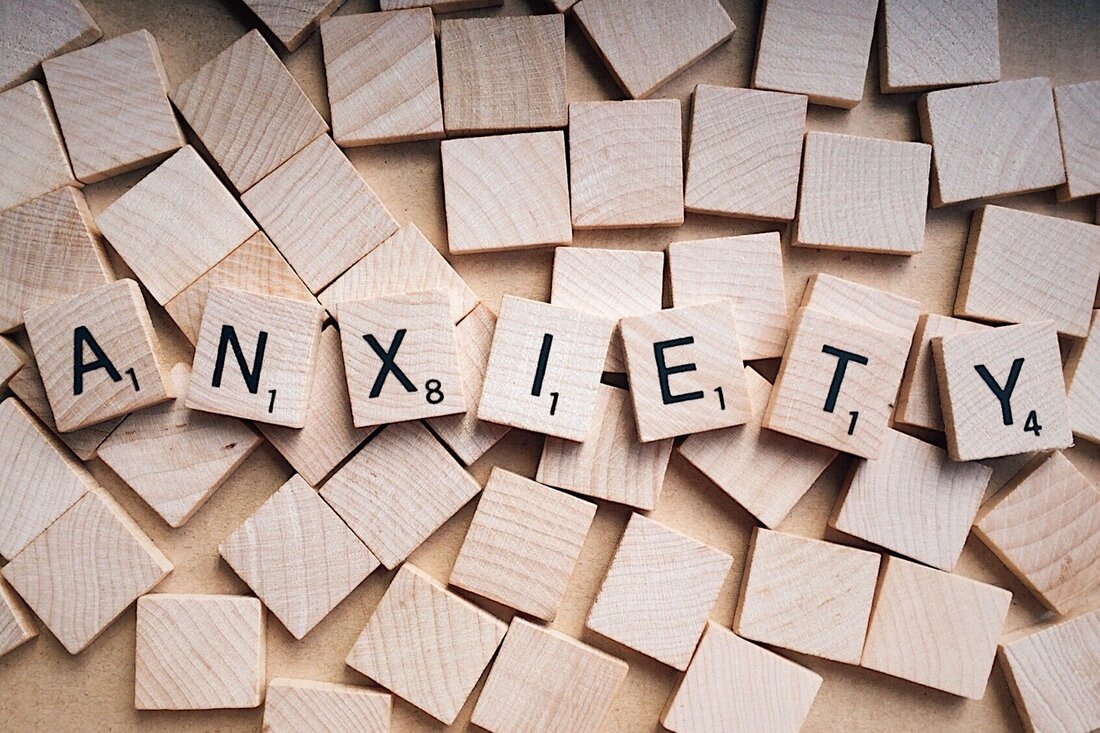









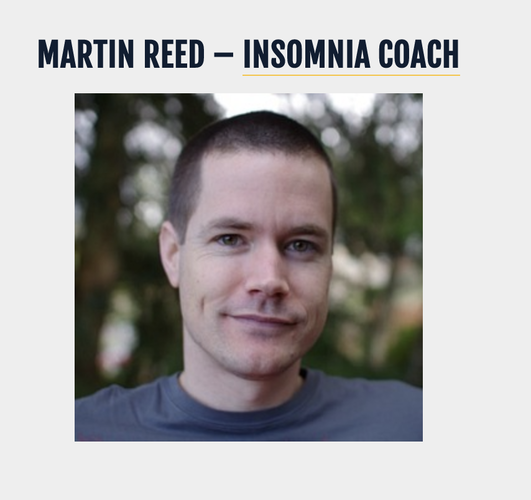


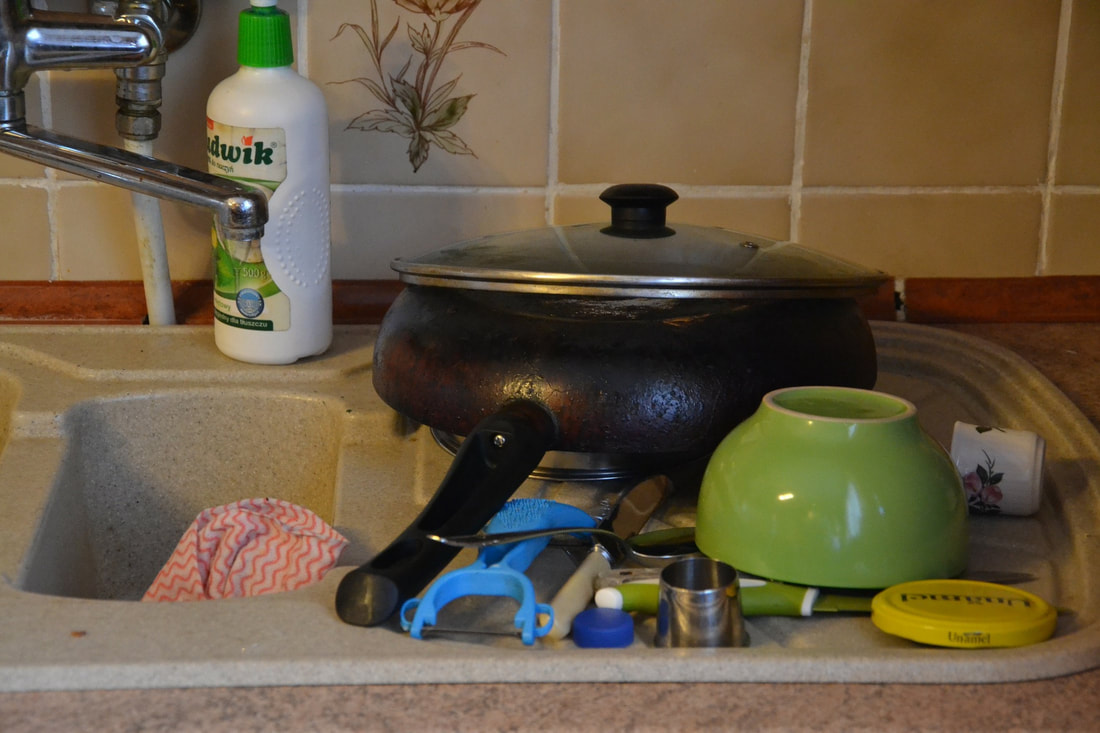
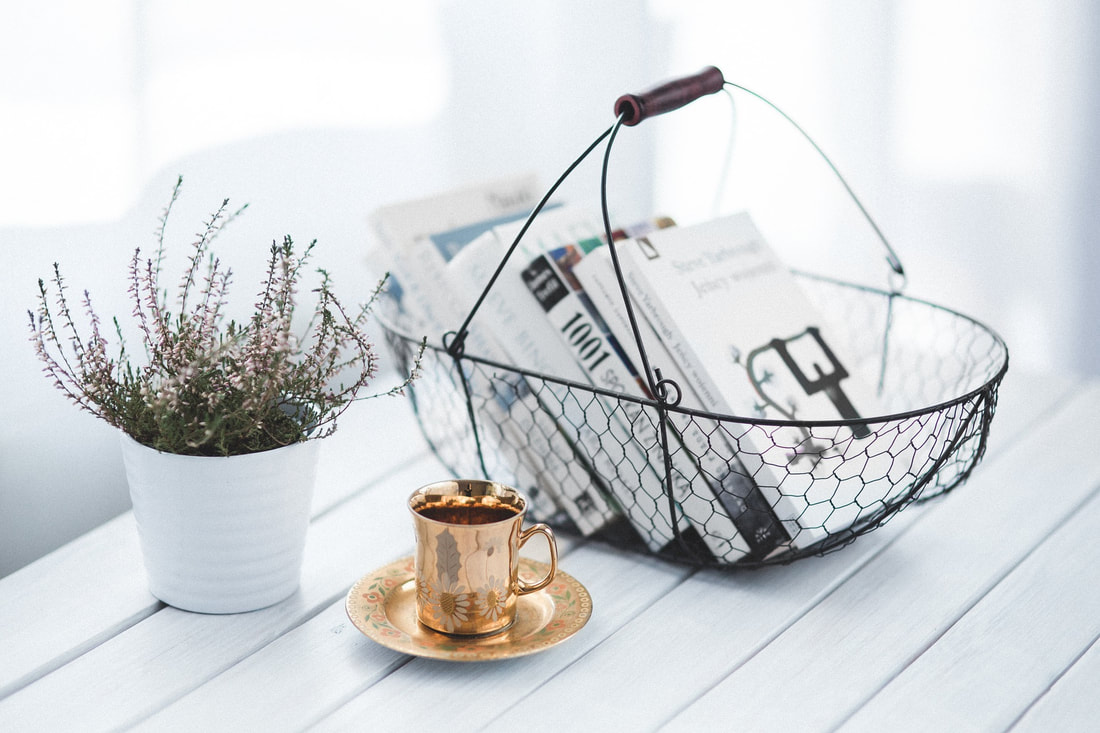
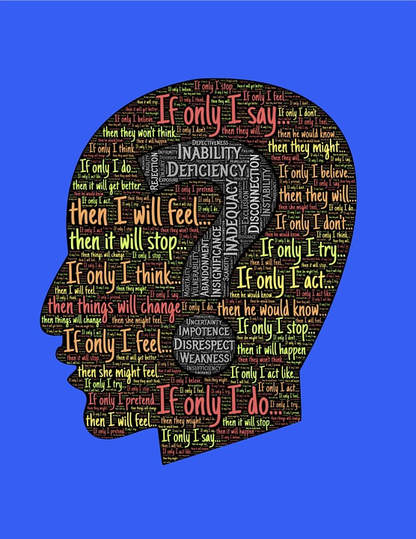

 RSS Feed
RSS Feed
